Tara Boyle
Stories
-
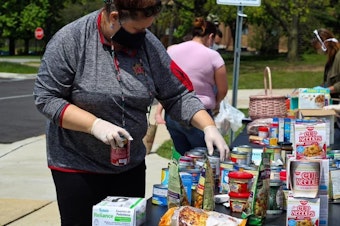
Our Better Angels: What We Lose When We Assume People Are Bad
In the months since the spread of the coronavirus, stories of selfishness and exploitation have become all too familiar: people ignoring social distancing guidelines, or even selling medical equipment at inflated prices. Most of our public and economic policies take aim at these sorts of people — the wrongdoers and the profiteers. But is there a hidden cost to the rest of us when we put bad actors at the center of our thinking? Do the measures we put in place to curtail the selfish inadvertently hurt our capacity to do right by others?
-
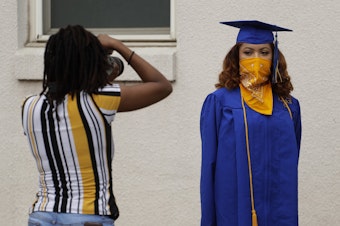
A Hidden Brain Commencement Address
Commencement ceremonies allow us to take stock of what we've accomplished and where we're headed. This is one of the key opportunities that students and families have lost, as social distancing precautions lead schools to cancel in-person graduations. In this "commencement address," recorded at the request of the public radio program 1A, Shankar Vedantam offers thoughts on what it means to mark such a milestone at this moment, and how graduates can use the disruption caused by the pandemic to think about their lives in new ways.
-
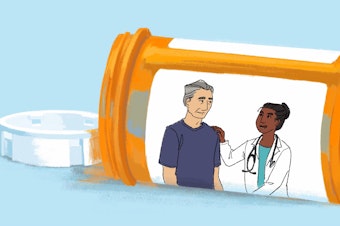
All The World's A Stage—Including The Doctor's Office
In recent months, many of us have become familiar with the sense of fear expressing itself in our bodies. We may feel restless or physically exhausted. At times, we may even have trouble catching our breath. The deep connection between mind and body that seems so salient now was also at the center of our episode about the placebo effect. This week, we return to this 2019 story that asks what placebos might teach us about the nature of healing.
-
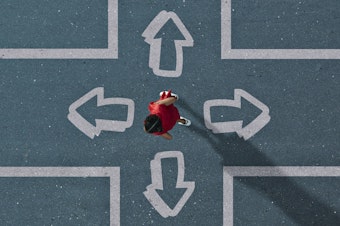
The Choices Before Us: Can Fewer Options Lead To Better Decisions?
An abundance of choices is a good thing, right? In the United States, where choice is often equated with freedom and control, the answer tends to be a resounding 'yes.' But researchers say the relationship between choice and happiness isn't always so clear-cut. This week, we talk with psychologist Sheena Iyengar about making better decisions, and how she's thinking about the relationship between choices and control during the coronavirus pandemic.
-
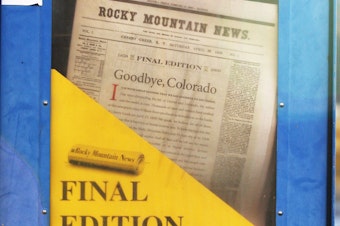
Stop The Presses! Newspapers Affect Us, Often In Ways We Don't Realize
On this week's radio show, we trace the history of fake news. Plus, in a time when accurate information is so important, we ask who ultimately bears the cost when no one wants to pay for local news.
-
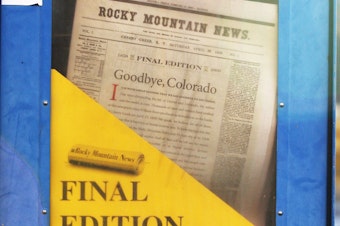
Starving The Watchdogs: Who Foots The Bill When Newspapers Disappear?
Amidst the confusion and chaos of the COVID-19 pandemic, many of us have sought out a long-trusted lifeline: the local newspaper. Though the value of local journalism is more apparent now than ever, newspapers are not thriving. They're collapsing. For many communities, this means fewer local stories and job losses. But new research suggests there's another consequence that's harder to spot — one that comes with a hefty price tag for residents. This week on Hidden Brain, we return to a 2018 episode that's acutely relevant today and ask, who bears the cost when nobody wants to pay?
-
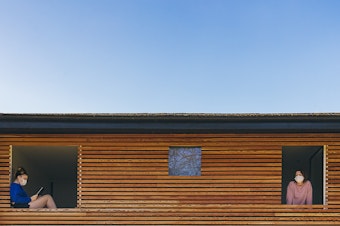
A Social Prescription: Why Human Connection Is Crucial To Our Health
Confined to our homes, many of us are experiencing a newfound appreciation for our social relationships. What we may not realize — and what physicians and researchers have only recently started emphasizing — is the importance of these connections to our physical health. This week, we talk with former U.S. Surgeon General Vivek Murthy about why he considers loneliness a matter of public health, and how we can all deepen our social ties.
-
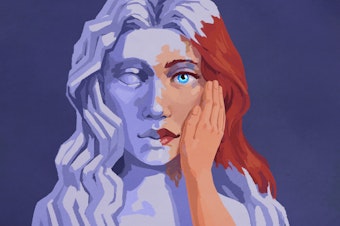
Sex Machines: Love In The Age Of Robots
From stone statues to silicone works of art, we have long sought solace and sex from inanimate objects. Time and technology have perfected the artificial lover: today we have life-size silicone love dolls so finely crafted they feel like works of art. Now, with the help of robotics and artificial intelligence, these dolls are becoming even more like humans. This week, we revisit our 2019 story about the history of the artificial lover, and consider what love and sex look like in the age of robots.
-
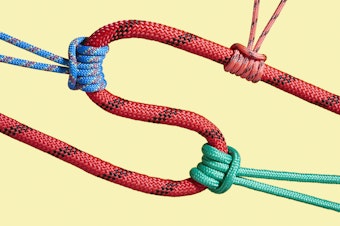
Playing Tight And Loose: How Rules Shape Our Lives
We all know people who prefer to follow the rules, and others who prefer to flout them. Psychologist Michele Gelfand defines these two ways of being as "tight" and "loose." She says the tight/loose framework can help us to better understand individuals, businesses, and even nations. This week, we look at the core traits of tight and loose worldviews, and how they may shape our lives — from interactions with our spouses to global efforts to fight the coronavirus.
-

Close Enough: The Lure of Living Through Others
A silver lining of social distancing: you may have more time and space to pursue the projects you've bookmarked on your web browser. Whether your goal is to build a barn door or to update your makeup routine, online tutorials have made it easier than ever to bring the world into your living room or kitchen or bedroom. But a curious thing can happen when we watch experts doing expert things. This week, we explore the dangers and the delights of vicarious living, with a favorite episode from 2019.